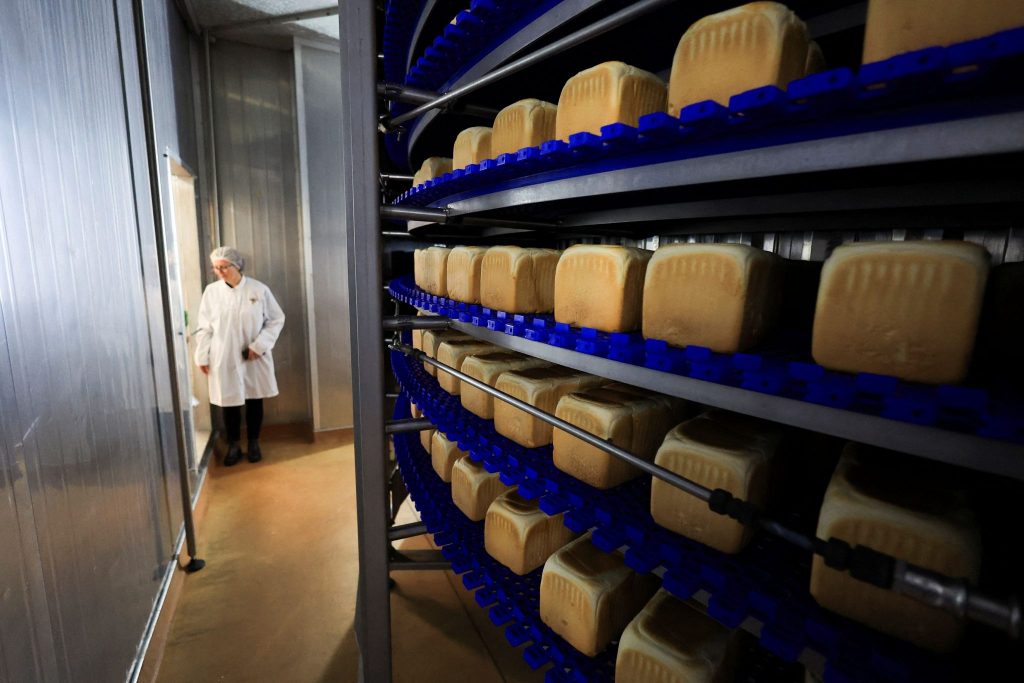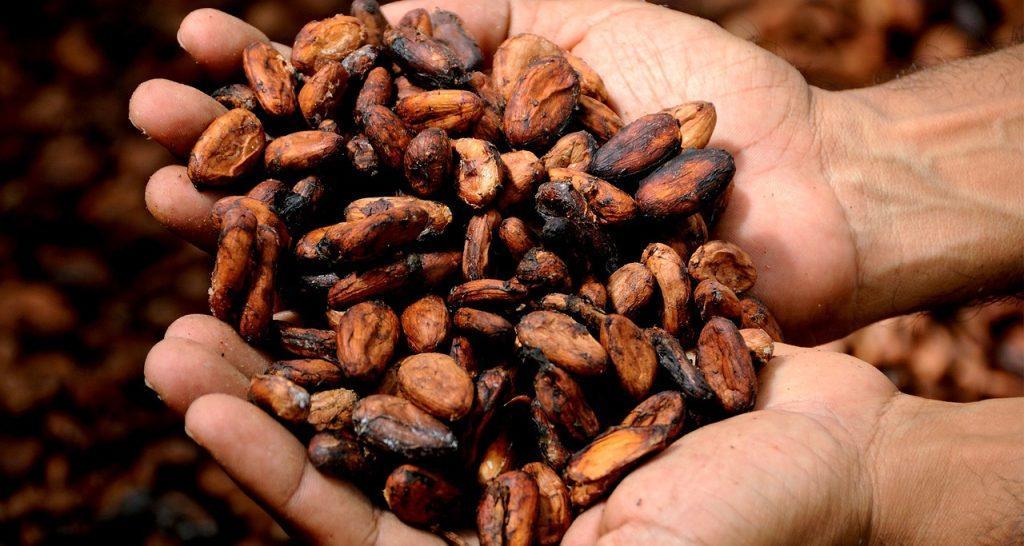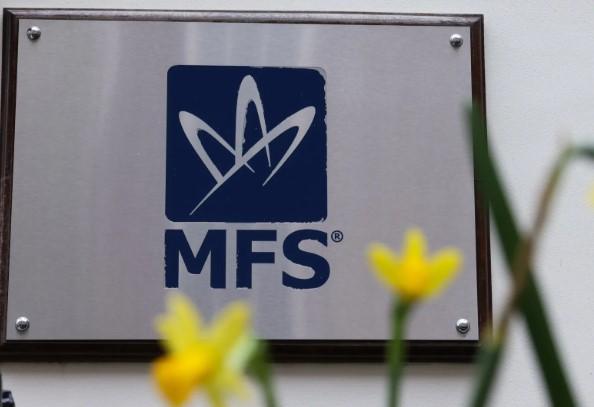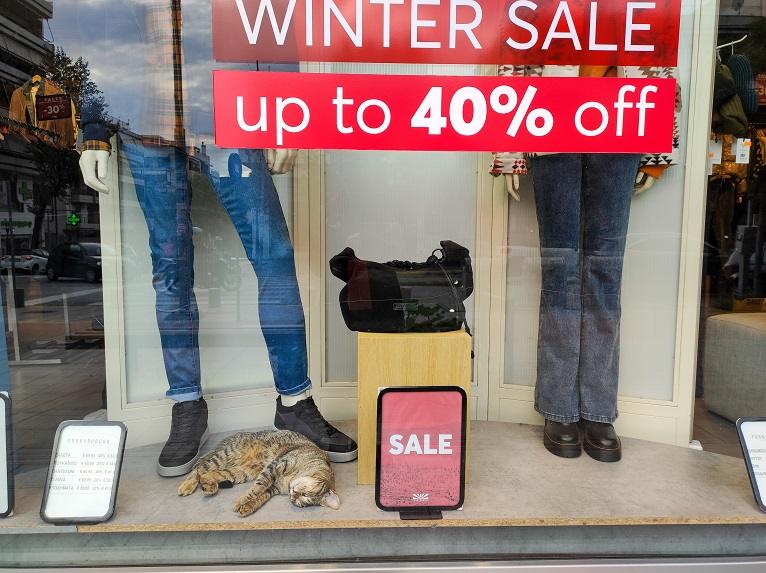Fresh bread in Greece is still the second cheapest in Europe, despite the cost of half a kilo of bread increasing 39% since 2020, according to a report at OT.gr.
The figures are based on a nationwide survey by the Federation of Greek Bakers that was presented by the Athens Chamber of Crafts.
Price Trends in Greece
In Greece, the price stands at €1.21, which is 48% lower than the European average price of €1.80.
This marks a 39% increase since 2020, which is slightly above the European average price change.
The report at OT notes that the rise in bread prices in Greece, which remains lower than in most of Europe, has been driven by increases in the cost of raw materials, electricty, natural gas and labor costs.
In detail:
- Raw materials (wheat-flour): The price of milled wheat in Greece saw a significant rise from August 2021 until early June 2022, reaching its highest price. The cost jumped from €230/ton to €260/ton in the month of August 2021. Rates remained stable until early October but then continued to rise to a stunning €400/ton by June 2022. The following month rates started declining.
- Electricity: From 2019 to 2023, electricity prices for non-household consumers in Greece were above the EU-27 average. But in 2023, Greece’s electricity prices were lower than those in countries such as France (€0.1734/kWh), Croatia (€0.2039/kWh), Italy (€0.1745/kWh), and Hungary (€0.1836/kWh).
- Natural Gas: Similar to electricity, natural gas prices saw significant increases across the EU in 2022, with a decline in 2023, though they remain higher than in 2021. Greece’s natural gas price in 2023 was lower compared to countries like the Czech Republic, Germany, France, Croatia, Italy, and North Macedonia.
- Labor costs: Labor costs have risen compared to 2019, with a 17% increase in 2023 and a 25% rise in the second quarter of 2024 compared to the same period in 2019.
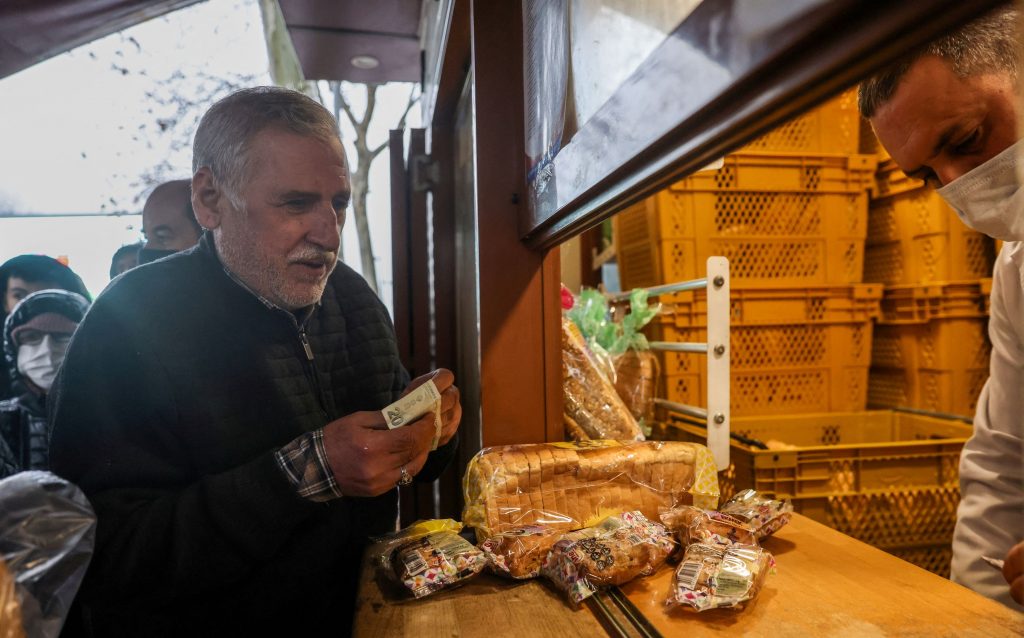
Businesses in the Bread Industry
According to Eurostat, in 2021, there were 133,851 businesses across the EU involved in the production of bread, fresh pastries, and cakes. The ratio was 2.98 businesses per 10,000 residents.
In Greece, there were 8,391 such businesses, with 8 businesses per 10,000 residents, the highest ratio in the EU, points out OT.
In 2021, the net turnover for bread, fresh pastries, and cakes in the EU was €90 billion, with an average turnover of €672,389 per business.
Greece ranked 23rd on this list, with a net turnover of €1.856 billion for 8,391 businesses, resulting in an average turnover of €221,294 per business.
Over the last decade (2014-2024), 2,622 new businesses were established in the bread and bakery sector, while 429 businesses were deregistered. A total of 2,193 businesses have been added to the General Commercial Registry (GEMI) over the past decade.
Decrease in Consumption
According to the data presented, bread consumption in Greece (in kilograms) has been gradually declining from 2019 to 2022. Bread consumption decreased by 22,164 tons from 2019 to 2022, while disposable income dropped by 30%.
Greeks spend on average €24.18 per month on bread, with the highest consumption among households earning between €1,800 and €2,000.
Consumers expressed a desire for additional services from local bakeries, such as coffee, ready meals, and salads, as well as specialized products like gluten-free or wheat-free bread.
Source: tovima.com
